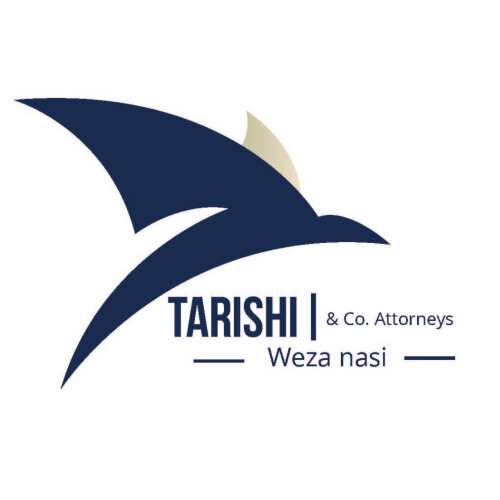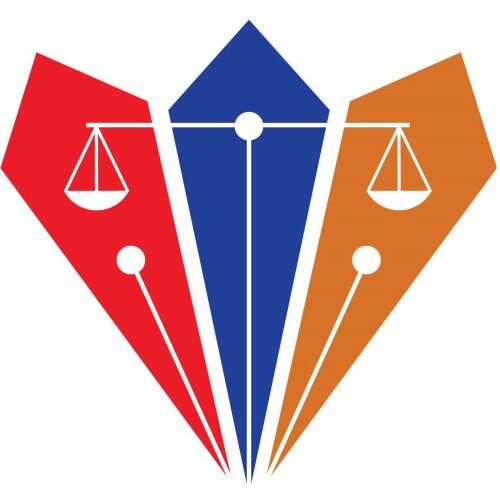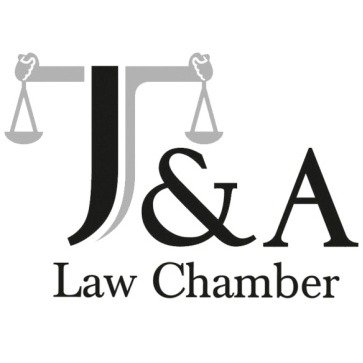Best Lawyers in Tanzania
Share your needs with us, get contacted by law firms.
Free. Takes 2 min.
Or refine your search by selecting a city:
List of the best lawyers in Tanzania
About Hiring a Lawyer in Tanzania
Engaging a lawyer in Tanzania typically begins with identifying your legal needs. The country's legal professionals include advocates, notaries public, and commissioners of oaths. This process can be navigated by seeking recommendations from people you trust, researching law firms online, or consulting the Tanganyika Law Society's directory of registered lawyers. When selecting a lawyer, consider factors such as their area of expertise, reputation, and fees. Initial consultations are often an opportunity to discuss your needs, understand the lawyer’s approach, and establish the scope of work and payment terms.
Why You May Need a Lawyer
In Tanzania, there are numerous situations where legal assistance can be crucial. Common scenarios include land disputes and conveyancing, business formations, labor disputes, family matters like divorce or child custody, criminal defense, and dealing with wills and estate planning. Lawyers can also provide assistance with drafting contracts, navigating regulatory compliance, and representing clients in court. Legal issues may be complex and could significantly benefit from the expertise and negotiation skills of a qualified lawyer.
Local Laws Overview
Tanzania’s legal system is rooted in the English common law and statutory laws enacted by the country's legislative bodies. Key legal areas include property law, labor law, criminal law, family law, and business law. Specific laws like the Land Act and the Village Land Act govern land ownership and disputes, essential for both Tanzanians and foreign investors. Moreover, Tanzania has strict regulatory requirements for the business environment, governed by entities such as the Business Registration and Licensing Agency (BRELA). Understanding these laws is important for compliance and ensuring legal protection.
Frequently Asked Questions
What qualifications should I look for in a Tanzanian lawyer?
Look for lawyers who are registered with the Tanganyika Law Society, hold valid practicing certificates, and have relevant experience in the specific legal area you need help with.
How are legal fees structured in Tanzania?
Legal fees can vary based on the lawyer’s experience, the complexity of the case, and the amount of work involved. Some charge on an hourly basis, while others may have flat rates or contingency fees, especially in litigation matters.
Can I represent myself in court?
While it's possible to self-represent in court, it is generally advisable to have legal representation, especially in complex cases, to ensure your rights are fully protected.
How do I verify a lawyer’s credentials?
Verify a lawyer’s credentials by checking their registration with the Tanganyika Law Society or asking for their practicing certificate.
Is there a legal aid system in Tanzania?
Yes, Tanzania has initiatives to provide legal aid to those who cannot afford legal services, including offerings by NGOs and government-supported organizations.
What should I bring to a consultation with a lawyer?
Bring all relevant documents related to your case, including contracts, correspondence, and any previous legal paperwork. It’s also helpful to prepare a list of questions or objectives you have.
How long does it take to resolve a legal issue in Tanzania?
The duration varies significantly based on the complexity of the case, the type of legal issue, and the court’s schedule. Your lawyer can provide an estimated timeline based on past experience.
Are there alternative dispute resolution options in Tanzania?
Yes, alternative dispute resolution methods like arbitration and mediation are available and can be a faster and more cost-effective way to resolve disputes outside of court.
Can foreign nationals practice law in Tanzania?
Foreign nationals can practice law if they meet specific requirements, obtain work permits, and are registered with the Tanganyika Law Society.
What should I do if I have a complaint about my lawyer?
If you have a complaint, you can approach the Tanganyika Law Society, which can investigate and take necessary actions depending on the severity and authenticity of the complaint.
Additional Resources
If you are seeking further assistance or information about legal processes in Tanzania, consider reaching out to:
The Tanganyika Law Society for legal support and lawyer referrals. The Business Registration and Licensing Agency for business-related legal information. Local NGOs providing legal aid services. The Legal and Human Rights Centre for resources on human rights law and support.
Next Steps
If you need legal assistance, start by documenting all relevant details and collecting any paperwork associated with your legal issue. Next, conduct research to find qualified lawyers or firms who specialize in your area of need. Schedule consultations to discuss your situation and evaluate their ability to manage your case. Consider seeking referrals from reliable sources and utilize available legal directories. Moving forward, maintain open communication with your lawyer and make informed decisions based on their counsel.
Lawzana helps you find the best lawyers and law firms in Tanzania through a curated and pre-screened list of qualified legal professionals. Our platform offers rankings and detailed profiles of attorneys and law firms, allowing you to compare based on practice areas, experience, and client feedback.
Each profile includes a description of the firm's areas of practice, client reviews, team members and partners, year of establishment, spoken languages, office locations, contact information, social media presence, and any published articles or resources. Most firms on our platform speak English and are experienced in both local and international legal matters.
Get a quote from top-rated law firms in Tanzania — quickly, securely, and without unnecessary hassle.
Disclaimer:
The information provided on this page is for general informational purposes only and does not constitute legal advice. While we strive to ensure the accuracy and relevance of the content, legal information may change over time, and interpretations of the law can vary. You should always consult with a qualified legal professional for advice specific to your situation.
We disclaim all liability for actions taken or not taken based on the content of this page. If you believe any information is incorrect or outdated, please contact us, and we will review and update it where appropriate.
Refine your search by selecting a practice area.
Accidents & Injuries
Banking & Finance
Bankruptcy & Debt
Business
Civil & Human Rights
Consumer Rights
Corporate & Commercial
Criminal Defense
Employment & Labor
Energy, Environment & ESG
Family
Immigration
Insurance
Intellectual Property
Lawsuits & Disputes
Media, Technology and Telecoms
Notary Services
Private Client
Real Estate
Browse law firms by city in Tanzania
Refine your search by selecting a city.




































